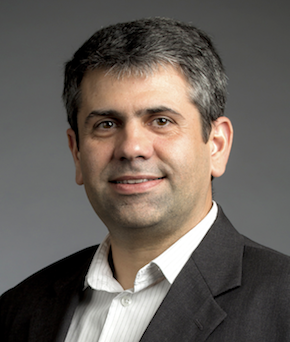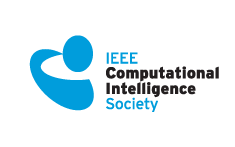2017 IEEE Symposium
on Computational Intelligence in Cyber Security (IEEE
CICS' 17)
Computational
Intelligence constitutes an umbrella of techniques, has proven to be
flexible in solving dynamic and complex real-world problems. These
techniques typically include Machine Learning, Fuzzy Logic,
Evolutionary Computation, Intelligent Agent Systems, Neural Networks,
Cellular Automata, Artificial Immune Systems, Game Theory and other
similar computational models. These techniques are widely used in
different cyber security applications such as online behavior
monitoring, e-fraud detection, robust decision support modules to
enhance the protection of computing devices and information
infrastructure at different levels.
Cyber
defense is a continuously changing attack landscape as the
software/hardware components are added and/or updated more frequently
at different layers of cyber systems for additional functionalities
and/or improved usability while these may not be security-enabled.
Attackers exploit these vulnerabilities and find attack paths to
compromise the target systems. The multi-faceted Computational
Intelligent (CI) techniques appear to provide an efficient security
paradigm to deal with influx of new threats in next generation
high-performance network infrastructures and large-scale smart
applications. These approaches can also be used to augment
defense-in-depth architectures and to add necessary security
enhancements to the design, implementation and operation of legacy and
future cyber-enabled systems.
Topics
This
symposium will cover all the issues, research and development of the
state-of-the-art CI-based technologies in solving various computer and
information security problems. CI application areas include,
but
are not limited to:
- Intrusion/malware detection, prediction, classification, and response
- models for survivable, resilient, and self-healing systems
- sensor network security, web security, wireless and 4G, 5G media security
- digital forensics, security information visualization
- new sensor fusion and decision support for mobile device security
- Self-awareness, auto-defensiveness, self-reconfiguration, and self-healing networking paradigm
- Modeling adversarial behavior for insider and outsider threat detection
- Cloud and virtualization security, Internet of Things (IoT), wearable device security
Accepted
Special Sessions
- Computational Intelligence in Identity Ecosystem
- Contact information:
Abhijit K Nag,Texas A&M-Central Texas, TX, USA
Email: aknag@tamuct.edu - More Information
Symposium Chair

Dipankar Dasgupta
The University of Memphis, USA
Email:ddasgupt@memphis.edu
Co-Chair

Marco Carvalho
Florida Institute of Technology, USA
Program
Committee
(To be announced)






